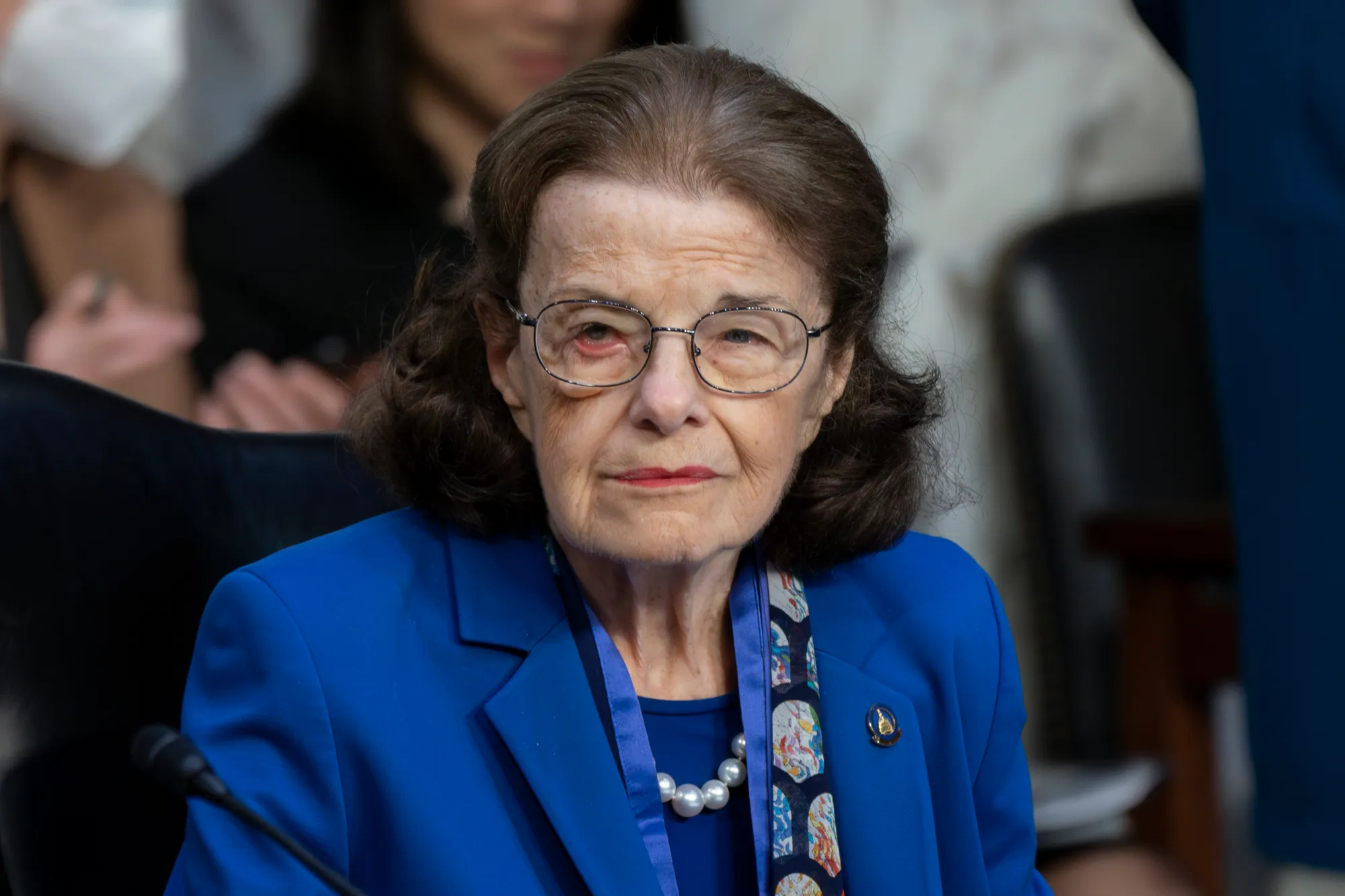
Longest-Serving Female US Senator Dianne Feinstein Dies at 90
Dianne Feinstein, whose historic three decades in the Senate marked her as the longest-serving female US senator in history, has reportedly passed away, as per a familiar source. She had reached the age of 90.
Feinstein’s passing will result in the empowerment of California Democratic Governor Gavin Newsom to appoint a legislator to fulfill the remainder of Feinstein’s term. This appointment will ensure the preservation of the Democratic majority in the chamber through early January 2025. In March 2021, Governor Newsom had publicly disclosed his possession of a list of “multiple” potential successors and had made a commitment to appoint a Black woman should Feinstein, a Democrat, decide to retire.
The news of Feinstein’s demise comes at a time when federal funding is poised to expire, with Congress locked in an impasse over strategies to avert a government shutdown. Nevertheless, Senate Democrats continue to maintain their majority even in her absence.
Feinstein had been a prominent fixture in California politics for many decades and had secured her initial election to the US Senate in 1992 following a noteworthy political career in San Francisco.
Throughout her lifetime, Feinstein had been instrumental in breaking a series of barriers and had left her indelible mark on some of Capitol Hill’s most impactful legislative accomplishments in recent history, including the federal assault weapons ban of 1994 (which has since lapsed) and the 2014 CIA torture report.
In her later years, the health of the California Democrat had become the subject of heightened scrutiny and speculation. A hospitalization for shingles in February had necessitated an extended absence from the Senate, leading to complaints from Democrats as Feinstein’s time away had hampered the confirmation of Democratic-appointed judicial nominees. Upon her return to Capitol Hill three months later, it had been revealed that she had endured multiple complications during her recovery, including Ramsay Hunt syndrome and encephalitis. A fall in August had briefly resulted in her hospitalization.
At the time of her passing, Feinstein, who had held the distinction of being the Senate’s oldest member, had faced questions concerning her cognitive capabilities and leadership competence. She had dismissed these concerns, asserting, “The real question is whether she was still an effective representative for 40 million Californians, and the record shows that she was.”
Nonetheless, substantial speculation that Feinstein would retire rather than seek reelection in 2024 had prompted several Democrats to announce their candidacies for her seat, even before her formal announcement. In February, she had confirmed her decision not to run for reelection, stating, “The time has come.”